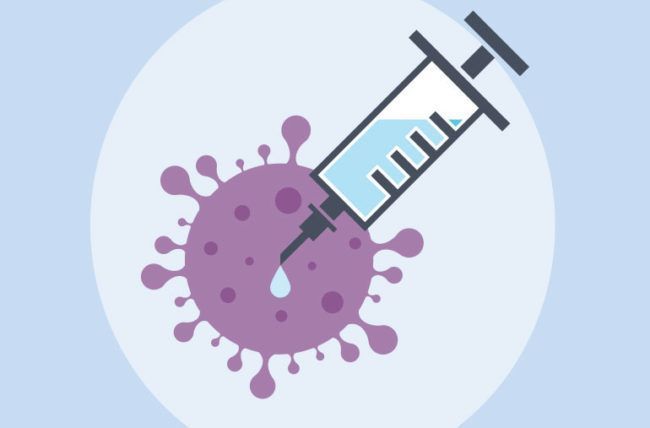
Hey families, the COVID vaccine is on everyone’s mind. Those of us who have children, teens, or young adult children with disabilities have lots of questions. What does this mean for our families? Who is the vaccine good for? Here’s a quick list of what we know already and what we are still learning.
Who can get the vaccine?
- Only people who are 16 or older can get the COVID vaccine. They need to do more testing to make sure it’s safe for children. Testing has already started, so look for more news on this over the next few months.
- Most people with disabilities who live in group homes can get the vaccine now. This is also true for people who live in nursing homes. The timing is different in every state, so check your state’s health department website for details.
- Some people with disabilities are struggling to access vaccine mega-sites. Make sure you ask beforehand about whether your accessibility needs will be met at the site.
- If you are undocumented (in the US without papers), you can still get the COVID vaccine. The Biden team has said that immigration (ICE) will NOT be at vaccination sites. When you make an appointment, ask if you need to bring state ID (you should not need it but some sites may ask for it anyway).
- You should still get the vaccine if you have already had COVID-19. Most people can’t get a virus again once they have had it, but we don’t know yet how long that protection will last. The CDC (Centers for Disease Control and Prevention) says yes, you should still get the vaccine.
What about safety? And how much will it cost?
- There is NO link between vaccines and autism. Not one study has shown any connection between the two. Social media is full of misinformation. If you’re worried, talk to your child’s doctor.
- The vaccine is known to be safe for everyone other than children under 16 and pregnant people. We may learn that it is safe for both of those groups when we do more testing.
- The vaccine is free, even if you do not have health insurance. This is part of an effort to make sure everyone who wants the vaccine will be able to get it.
Here’s what you can do right now:
- When it’s your turn, get your shot. If you are nervous about it or don’t think it’s for you, talk to your doctor, talk to any friends or family members who have gotten it about their decision, and read some trustworthy sources.
- Get a flu shot and keep up with your child’s regular vaccine schedule. This will help protect you, your family, and your community. And don’t forget about well-child visits.
- Wear your mask, keep your distance, and wash your hands. These are the best ways to keep yourself and the people around you healthy -- even if you have already had the vaccine.
- Know your sources. There is a lot of false information floating around out there, so make sure you are using reliable sources. For example, if you read something on Facebook or Twitter, look up where the information came from. You should be able to confirm it on a government or non-profit organizations’ website. Here’s a resource we love: COVID-19 Vaccine Information in Plain Language. It was created by and for people with intellectual disabilities.

